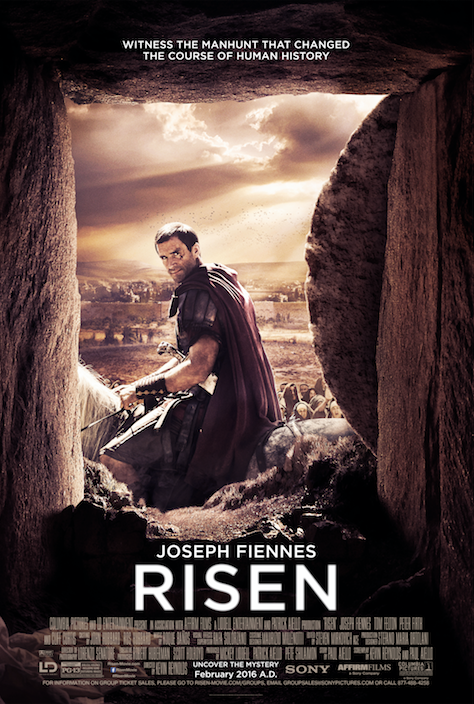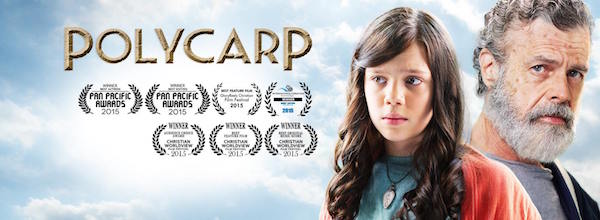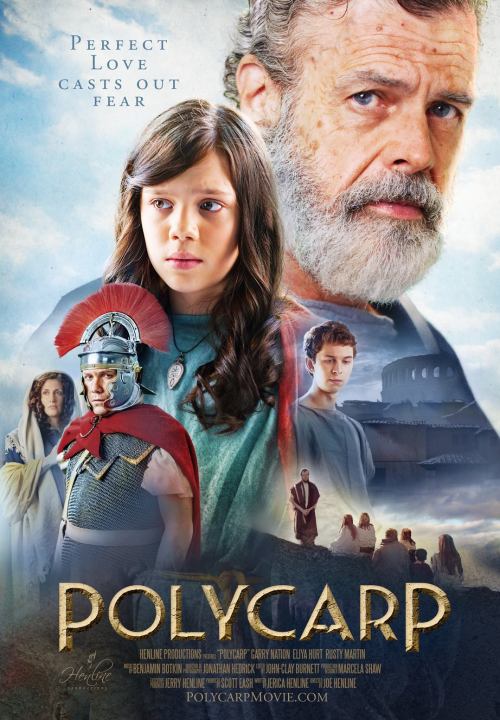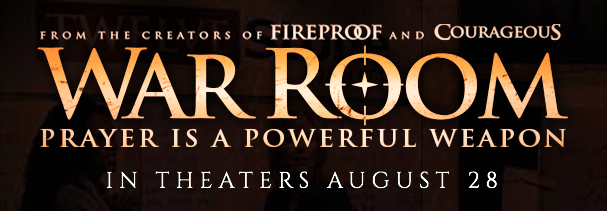FAILURE FACTORS OF ASPIRING FILMMAKERS
(Article Source) By Larry W. Poland, Ph.D.
In more than thirty years working inside the entertainment business, I have had a steady stream of people contact me with a dream of making motion pictures. Some have a vision for producing one movie, some a slate of films, some building a studio, and some even a dream of a “second Hollywood” in Dallas, Atlanta, or (believe it or not) Plymouth, Massachusetts.
Only a small percentage (10%?) of these visionaries ever saw anything come from their efforts. Of those who did see a film get made, only a small percentage (30%?) ever got decent distribution. Most (85%?) lost money for their investors. A number even ended up in court or arbitration disputing over money. I have mediated two of those disputes.
I’m weary of watching such a high percentage of these independent filmmaking attempts implode and dash the dreams and efforts of often well-meaning and even faith-motivated people. Likewise, I am distressed by the many well-motivated investors who got burned by these efforts and, as a result, will never invest in a film again.
Thus, I decided to distill the mistaken notions and actions which contributed to the massive disappointment, financial failure, and collateral damage from these efforts. Below–in no particular priority order–are the common mistakes I have observed.
“FAILURE FACTORS”
1. Envisioning a project with an absurdly unrealistic production budget.
There is something about the vision of making a movie that eats like a cancer at the practical thinking of the visionary behind the project. Commonly, the visionary postulates a movie production in the tens of millions of dollars, if not more than one hundred million. The sheer lunacy of thinking that investors, however effectively “sold” they are, are going to be part of a multi-million dollar risk venture overseen by an inexperienced film team seems to escape them.
Likewise, it escapes them that hundred-year-old, billion-dollar studios that do make these expensive films commonly lose money on them. The independent visionaries tend to believe they are not bound by the laws that bind other studios or filmmakers. “This film is different,” is the toxic notion.
When I have suggested budgets of five to ten million (or less) for starters, the visionaries often seem insulted. It escapes them that the lower the upfront production costs, the higher the probability of breaking even or making a profit at the end. If a film is any good at all and has decent distribution, revenue from the five markets for a movie should cover a cost under seven million dollars.
Equally destructive is projecting an unrealistically low budget. Recently, a film investor was told that a complicated period story could be made for $750,000. Even cutting all the corners and getting talent and locations for peanuts, this figure was inadequate to get a quality product on the screen. This investor was being led astray by this representation, and the project would have collapsed.
2. Focusing on the process or product of the vision without factoring in the basic economics of the project.
Commonly, film venture leaders are strong on the nature of the story or the big names they have attached to the film rather than on how they will raise the production money, how they will sustain cash flow until revenue eventually comes in, or even how they will get sufficient revenue in the end to avoid a total disaster for the project.
If the right brain/left brain distinction applies here, the creatives need a team of steely-eyed money managers at their elbows from beginning to end to ask the hard questions, demand that there be a sound business plan, and enforce the plan so the visionary creatives play “in bounds.” These safeguards are, commonly, not in place. Often, the creatives don’t want them – it spoils the dream.
A missing element here is that every creative decision has a financial impact on the outcome, and every financial decision has a creative impact. The two go hand in hand—and must—for a successful result.
Finally, it is absolutely essential to remember the investors. Often, those who took the risk to invest in the film, and thereby made it possible, are forgotten in the pursuit of the dream of making the movie. This is lethal. Lawsuits are the least formidable consequences of a meltdown in which investors are ignored, investments are not repaid, and money is siphoned off for everything but investor repayment. Burned investors have long memories—especially family and friends—so treat them well and generously, and they will stand in line to invest in your next film . . . and the next.
3. Being preoccupied with getting a film made without thought for its distribution and marketing.
There are a multitude of films sitting in cans around the globe that were never shown in a theater, or, for that matter, even found successful DVD distribution.
Any veteran in the film business will tell you to secure tentative, but strong, distribution agreements before you begin production. The beginning filmmaker is sure that his film will be so compelling that distributors will line up to sign a distribution contract. In general, nothing could be farther from the truth.
Then, there is the crucial marketing aspect of a production. This is so critical that the audience for the film must be defined and a plan to market successfully to that audience should both be determined before production is ever begun. The marketing plan will depend on the audience. Every different audience is reached by somewhat different marketing strategies.
4. Becoming obsessed with building facilities and infrastructure rather than building a successful, money-making model.
I’ve seen way too many grand visions for building “state of the art” studio facilities with the latest technology, massive sound stages, and such with little thought for how these increasingly-obsolete-by-the-week albatrosses will be paid for, maintained, sustained, or utilized. While it may seem exciting to show off one’s new studio facilities, the reality is that they typically represent massive overhead that no start-up studio or production company can sustain.
Furthermore, in many cities—especially Hollywood and New York—there are already many under-utilized studios, sound stages, edit bays, mixing studios, etc. They can be rented when needed without the massive burden of debt service, maintenance and replacement in a year or two when they are obsolete.
A friend of mine says, “If your outgo exceeds your income, then your upkeep will be your downfall.” If only producers with vision could get this fact of economic life mastered up-front., they would keep all overhead to a minimum and put every dollar only into what will increase the probability of getting a return on the end product.
Equally lethal is building a team of highly paid people on the front end of the project—and sucking dry millions of development funds in salaries—long before there is any money coming in to sustain the personnel costs. I would estimate that billions of dollars have been wasted and lost by independent production companies in bricks, mortar, and big salaries without a single movie getting made.
5. Focusing on image rather than on product.
Hollywood worships two deities, Mammon and Glitz. Way too often, when people get into filmmaking, they “go Hollywood” and lose all sense of who they really are. They begin to bow to money or image. This becomes a Failure Factor when they spend lavish amounts of money on pricey office space in ritzy locations, opulent offices, limousines, five-star hotels, splashy promotional advertising, and other accoutrements of the rich and famous.
The thinking is, I guess, that if you are going to be in the film business, you have to comport yourself like the icons of success whom you someday want to be. This is deadly thinking. You can hold meetings in nice hotels without dazzling folks with your own lavish, purchased-on- credit facilities with interest rates of 20 to 25 percent! There is an axiom about movie production companies: “The profitability of the company is in inverse relationship to the opulence of the front office.” Dazzle folks with the quality and power of your movies, not with the symbols of wealth you have rented.
Face it – you won’t be able to impress most of the big dogs in the film business anyway. They’ve seen it all.
6. Misunderstanding the varied roles played by film personnel and failing to coordinate their functions.
Production chaos commonly results because filmmakers do not understand the titles, job responsibilities, and lines of authority in a project and do not enforce them. For example, the role and function of the Executive Producer, the Producer, and the Director on a film must be understood. If this is not the case, conflict occurs, because people are trampling on each other’s organizational turf, making decisions outside the authority limits of their role, and allowing critical decisions to fall through the cracks. The management nightmare becomes even more chaotic with roles like Associate Producer, Associate Director, etc. Even if some of these titles are merely for the credit roll, titles, job descriptions, and lines of authority must be clear, mutually agreed upon, and policed to make sure the management of the production functions well. Given the commonly huge egos and subjective artistic differences of film professionals, clearly defined roles, authority limits, and job responsibilities are absolutely necessary.
7. Forgetting that the single most important factor in a film is its story.
Filmland history is replete with anecdotes of gargantuan-budget movies that lost mucho millions because what ended up in the film can was a lousy story. It is said in various ways: “If it’s not on the page, it’s not on the stage,” or “If it’s not in the script, it’s not on the screen.”
Even though, as a consultant, I’ve never been in the business of making films, I’ve had countless scripts set before me to evaluate and innumerable stories pitched to me by enthusiastic writers and producers. I have a rule of thumb I use to predict a possibly successful story: it moves me to strong emotional responses. I had a comedy story sketched out for me by a successful comedy writer in the early eighties, and I laughed so hard, I cried. I laugh 25 years later thinking of it. I’ve been pitched stories of human heartbreak and cried hearing the summary. Good signs. Every great film has to move you emotionally in some manner. We pay money to go to theaters to see a story that thrills, frightens, angers, inspires, or makes us laugh or cry. We feel cheated leaving a theater with a “ho-hum” or “blah” response.
Crucial to the story’s success is determining the “take away” from the film. Film creators must determine what they want the viewer to take away from the two-hour experience. Is it to be a more loving parent, avoid behavior such as got the main character in trouble, be willing to die for freedom, sacrifice for the poor and downtrodden, get involved in a campaign for justice, or live life to the full, because life isn’t a dress rehearsal?
Big name actors, dazzling special effects, excellent production value, mind-boggling cinematography, and Oscar-winning musical scores all put together will still not compensate for a weak story.
8. Believing the pitches given you by people wanting to work on your film.
Most people in the film and TV business are out of work at any given time, and most have some level of desperation to get work. Mortgages, families, sustaining production company overhead, expensive lifestyles, etc. are all strong motivators to seek employment! Add to this the fact that a huge percentage of these professionals are willing to lie to get a job, and you have a trap that is easy to fall into and incredibly hard to escape.
Assume that nobody is telling you the truth, even if they talk “religious” speech. Assume that the resumes you are given are AT LEAST exaggerated, if not flat-out bogus. Assume that resume titles and references to their roles in the success of highly successful projects are wildly overblown. “Success,” it is said in Hollywood, “has many parents; failure is an orphan.”
Triple check EVERY CLAIM. Talk to people who have worked with the person and spend time checking out every line of a resume before you hire them. Do not rely on “good feelings” you get from them or their stories. Remember, entertainment industry folks are actors, story tellers, and masters of fiction!
9. Failing to identify and measure the audience for a film before making it.
I’ve had stories pitched to me that are set in the world of boat racing, motocross, fishing, and golf. None of the films made any money, if they got made. Unless the compelling nature of the story is so powerful that it overwhelms its setting, it will not succeed.
Even with a century of experience, sophisticated testing with focus groups, and scientific measurements, the big studios still lose money on most of their films. It is only the big hits that keep them afloat. Often, film failures result because producers miscalculated the audience for the film, overestimated the magnitude of the interest in the subject, produced a story that moved nobody in the theater, or told a good story poorly.
If testing via focus groups and other proven methods is not feasible, then doing a limited theater release focusing on the most likely cities to like the film is next best. One can always roll out a film with more prints in more cities if it takes off at the box office, or—as this is described—the film “has legs.”
Christian filmmakers commonly fail to test the receptivity of audiences to the faith factor in their films. Because they are so into their own faith, they assume that the general populace is as well. In an increasingly secular society, this is a deadly assumption. No matter what anyone tells you, the financial success of The Passion of the Christ was, for many reasons, an anomaly.
CONCLUSIONS
Even if you believe with all your heart that your vision came from God Himself, from some mystical experience, or a prophetic voice, don’t rationalize away the filmmaking experience and wisdom offered you. If you do, you will create one more in a long string of cinematic and financial disasters. Many will be hurt.
- - - - - -
(Article Source)









 Post a Comment
Post a Comment















